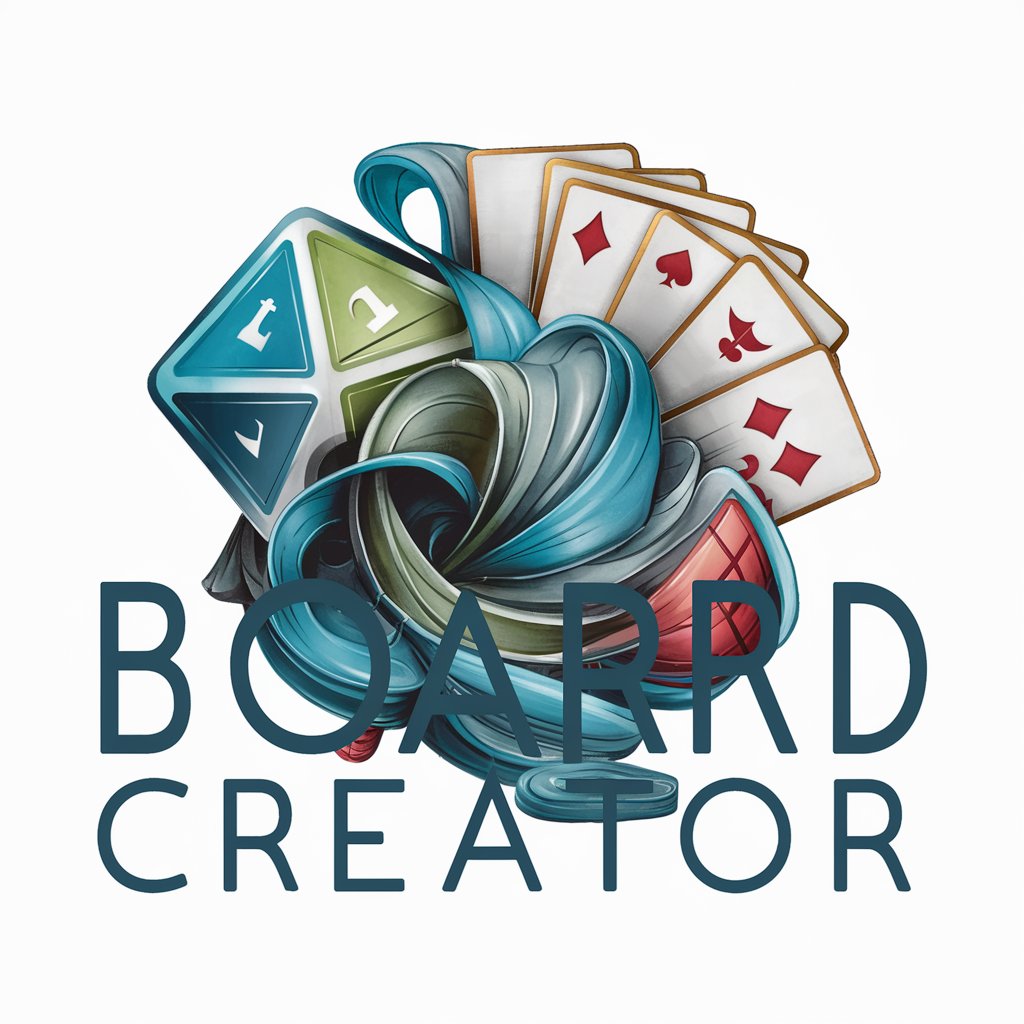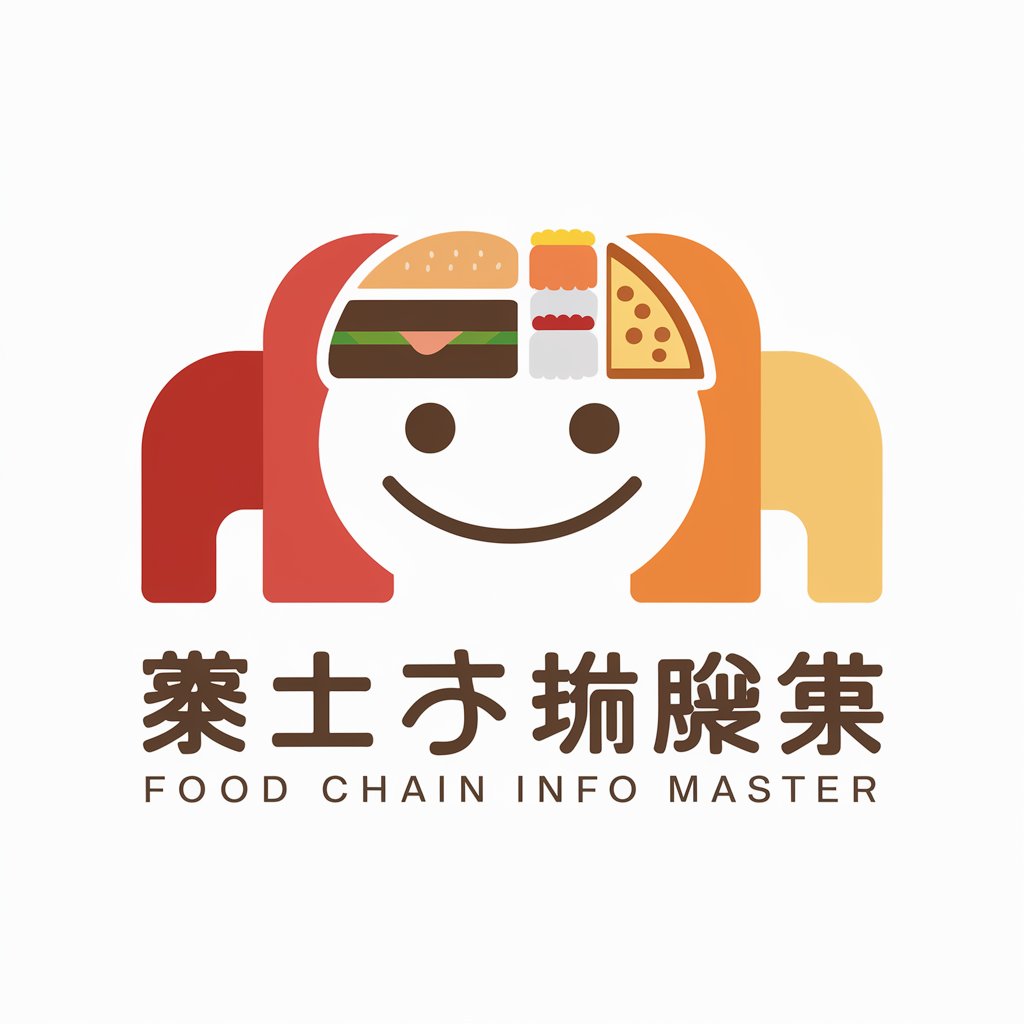
食農教育桌遊設計 - Educational Card Game Tool
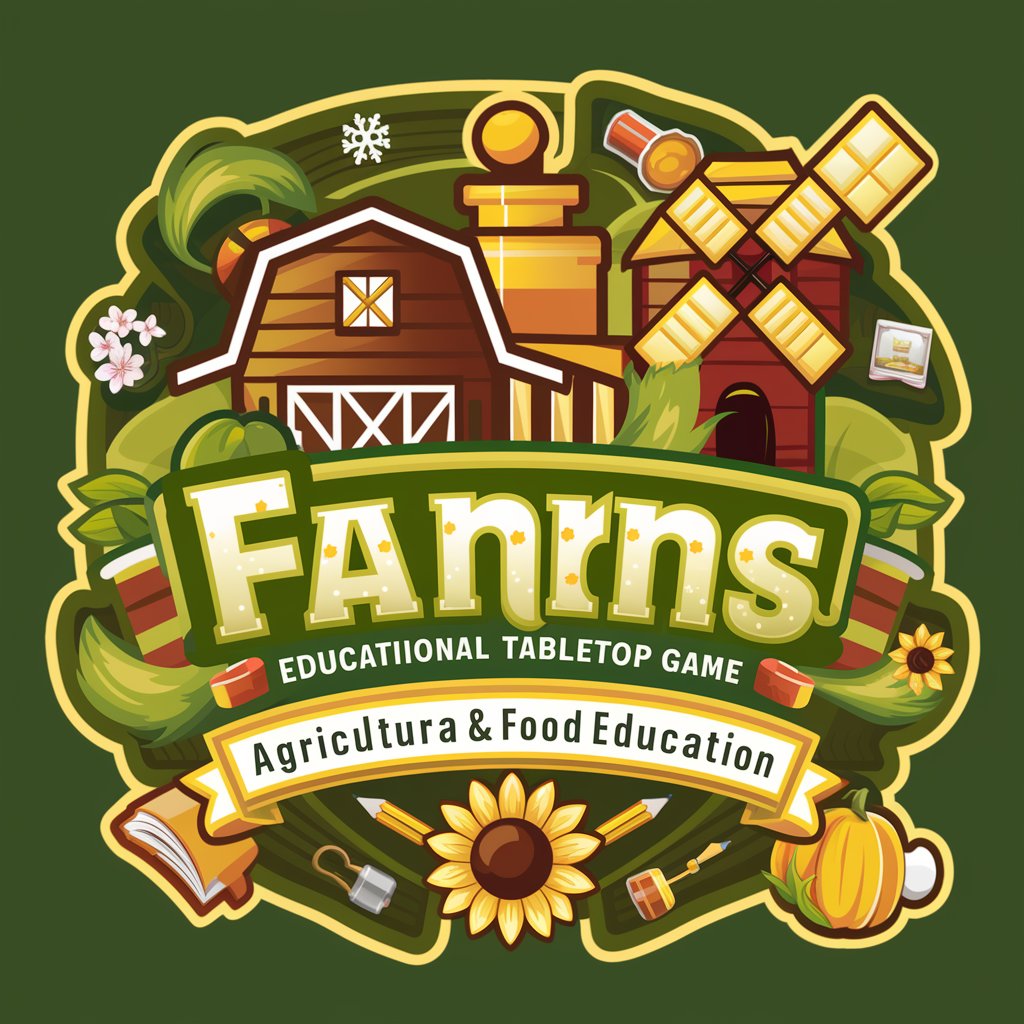
Welcome to our farming education adventure!
Harness AI to learn sustainable farming!
Design a board game centered on agricultural education using a deck of 52 cards...
How can we integrate seasonal farming knowledge into an interactive game for children?
What are the best strategies to teach food sustainability through a tabletop game?
Imagine a card game that combines farming challenges with seasonal changes. How would it look?
Get Embed Code
Introduction to 食農教育桌遊設計
食農教育桌遊設計 is a board game designed to educate players about sustainable agriculture and seasonal farming practices using a deck of 52 playing cards. The game incorporates elements of Nash equilibrium and strategic thinking to provide an engaging learning experience. It includes cards representing four seasons (A, J, Q, K for Spring, Summer, Autumn, Winter) and disaster cards (Jokers) indicating crop loss. Players navigate these cards to cultivate and manage crops according to changing seasonal conditions, simulating the real-world challenges faced by farmers. The game aims to promote awareness of agricultural cycles and the impact of environmental factors on farming. Powered by ChatGPT-4o。

Main Functions of 食農教育桌遊設計
Educational Gameplay
Example
Players learn about the best planting and harvesting times for various crops through gameplay. For instance, the card '3' represents soybeans, planted in spring and harvested in autumn, educating players on the ideal growing cycles for soybeans.
Scenario
In a classroom setting, teachers can use the game to demonstrate the effects of seasons on crop yield and the importance of planning in agriculture.
Strategic Decision Making
Example
The game requires players to decide whether to change season cards based on their current hand and the crops' seasonal needs. This introduces strategic elements of Nash equilibrium where players must anticipate and counteract the strategies of others.
Scenario
During a community game night, players might engage in intense deliberation, strategizing whether to trigger a season change to disrupt opponents' crop cycles or optimize their own harvest.
Ideal Users of 食農教育桌遊設計
Educators and Students
Teachers looking for interactive tools to educate students about agriculture, and students who benefit from experiential learning methods would find this game useful. The game's design aids in understanding complex concepts like crop rotation and seasonal adjustments in farming.
Farming Enthusiasts
Individuals interested in farming, sustainable agriculture, or environmental science might use the game to better understand the challenges and strategies involved in real-world farming.

How to Use 食農教育桌遊設計
1
Visit yeschat.ai for a free trial without login, and no need for ChatGPT Plus.
2
Familiarize yourself with the basic concepts of food and agricultural education and Nash equilibrium theory, as these form the foundation of the game.
3
Review the rules of the game, including the use of a standard 52-card deck with additional functional cards for controlling seasons and representing disasters.
4
Practice playing a few rounds using the sample scenarios provided in the user manual to understand how the seasons affect crop planting and harvesting.
5
Utilize the tool in educational settings to enhance understanding of sustainable farming practices through interactive gameplay.
Try other advanced and practical GPTs
JasminGPT
AI-driven insights and assistance.

院士
Elevate Your Research with AI

ClearPhrase Checker (British English)
Enhancing Clarity with AI-Powered English
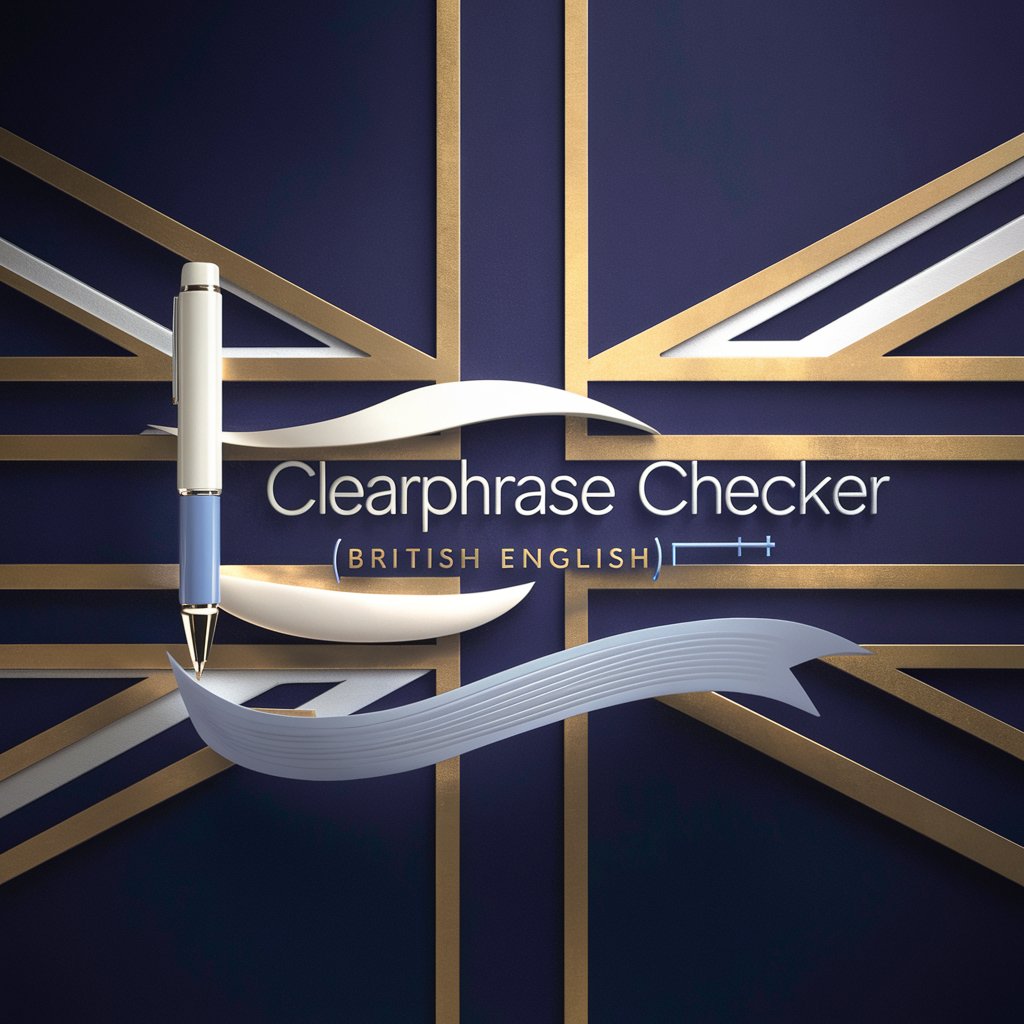
ShelbiaLens
AI-powered image transcription and analysis.

Podcast Summarizer
AI-Powered Podcast Summaries Delivered.

Atlas GPT generator.
Powering Conversations with AI
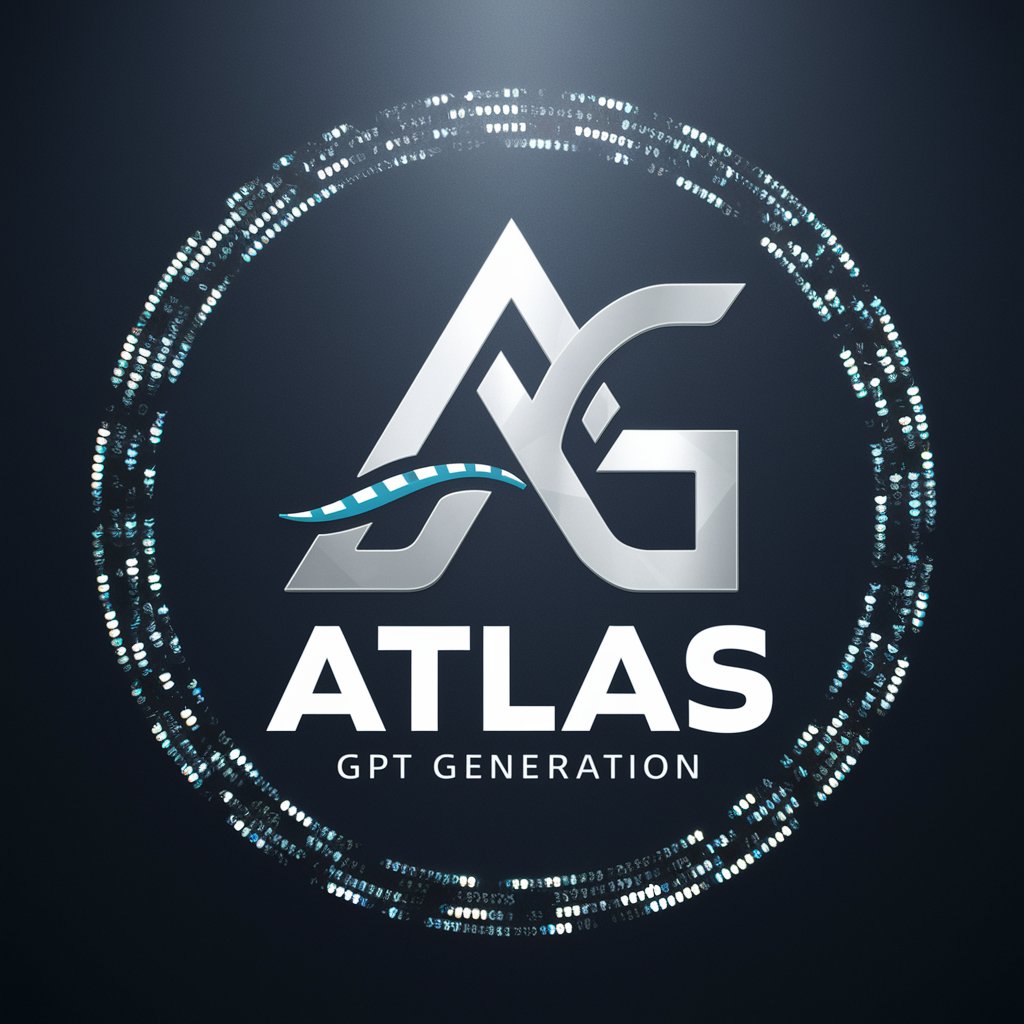
Shellus
Empowering Cybersecurity with AI

Tax-Legal PA with Current Updates
AI-Powered UK Legal Expertise

文生图
Transform text into stunning visuals with AI.
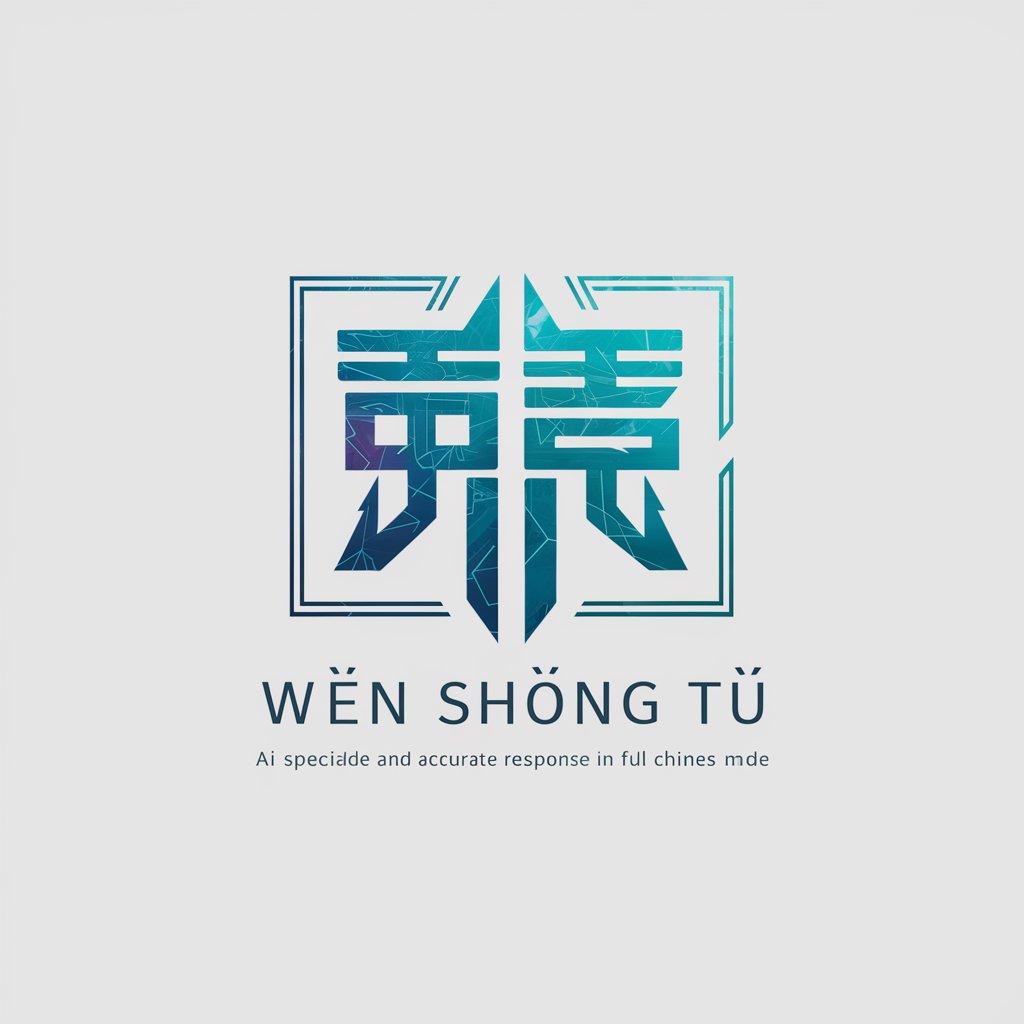
Email Assistant
AI-powered email drafting and polishing

로고 마스터 / 디자인 LOGO의 마법사
Craft Your Brand Identity with AI

다이어그램 마스터
Visualizing Complexity Made Simple
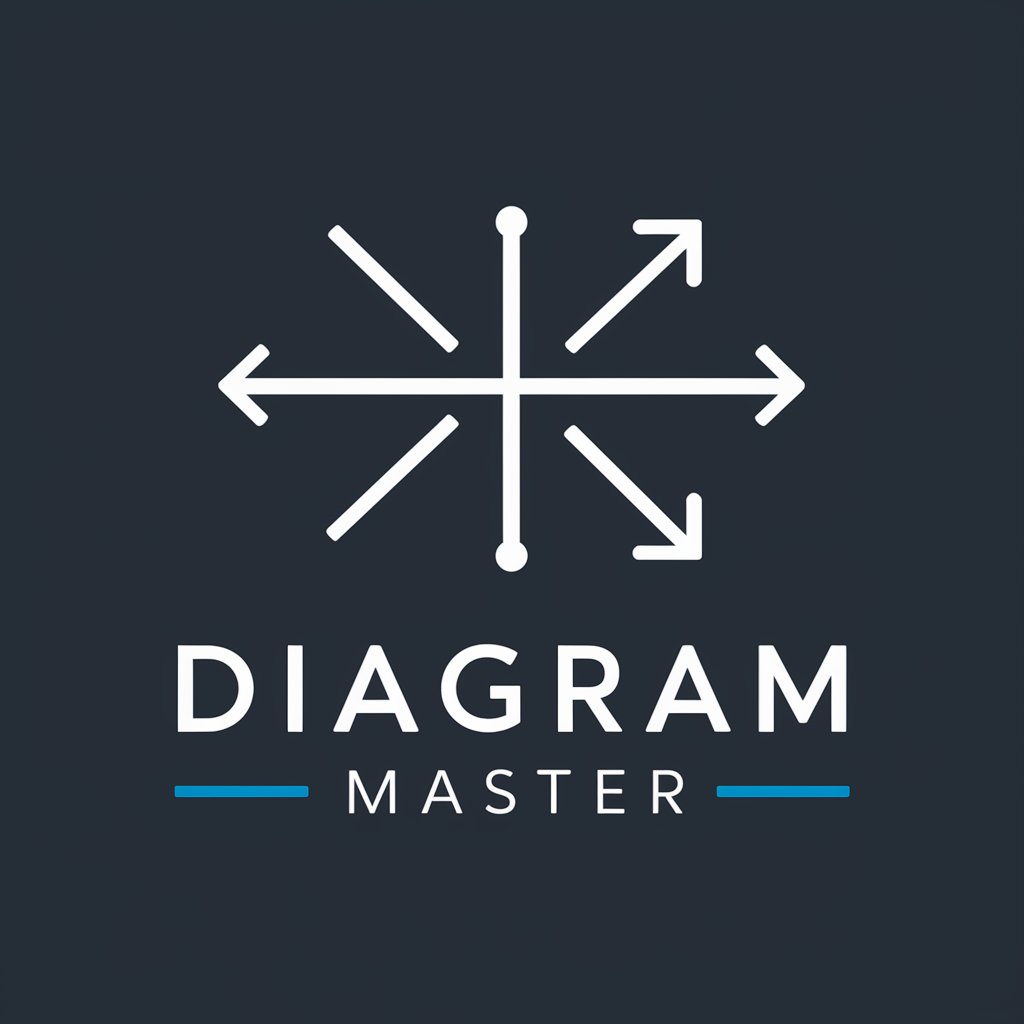
Frequently Asked Questions about 食農教育桌遊設計
What educational goals does 食農教育桌遊設計 support?
It supports the teaching of sustainable agricultural practices, crop seasonality, and the impact of environmental factors on farming.
Can 食農教育桌遊設計 be used in formal education?
Yes, it is designed for use in schools to complement lessons in environmental science, biology, and economics.
What age group is 食農教育桌遊設計 suitable for?
It is suitable for middle school students and above, as it involves strategic thinking and an understanding of advanced concepts like Nash equilibrium.
How does the Nash equilibrium apply to 食農教育桌遊設計?
It introduces game theory concepts by requiring players to predict and react to the actions of others to maximize their crop yields under varying conditions.
What materials are needed to play 食農教育桌遊設計?
A standard deck of 52 cards, additional function cards for seasons and disasters, and the game rules provided within the tool.
